Out of all the components in your computer, if you were to rank order them by their impact on performance, RAM would not be very high on the list. Its impact on performance isn't linear, and you'll start seeing diminishing returns sooner than you would with other components. Despite that, I've upgraded my system to 64 GB of memory, far beyond what I actually require for my day-to-day workflow. I can see the comments already. "What a waste!" "What a stupid upgrade!" Your cries of "too much RAM" are not being heard. I love my 64 GB of RAM for one key reason: it allows me to be lazy, and you should give it a try.
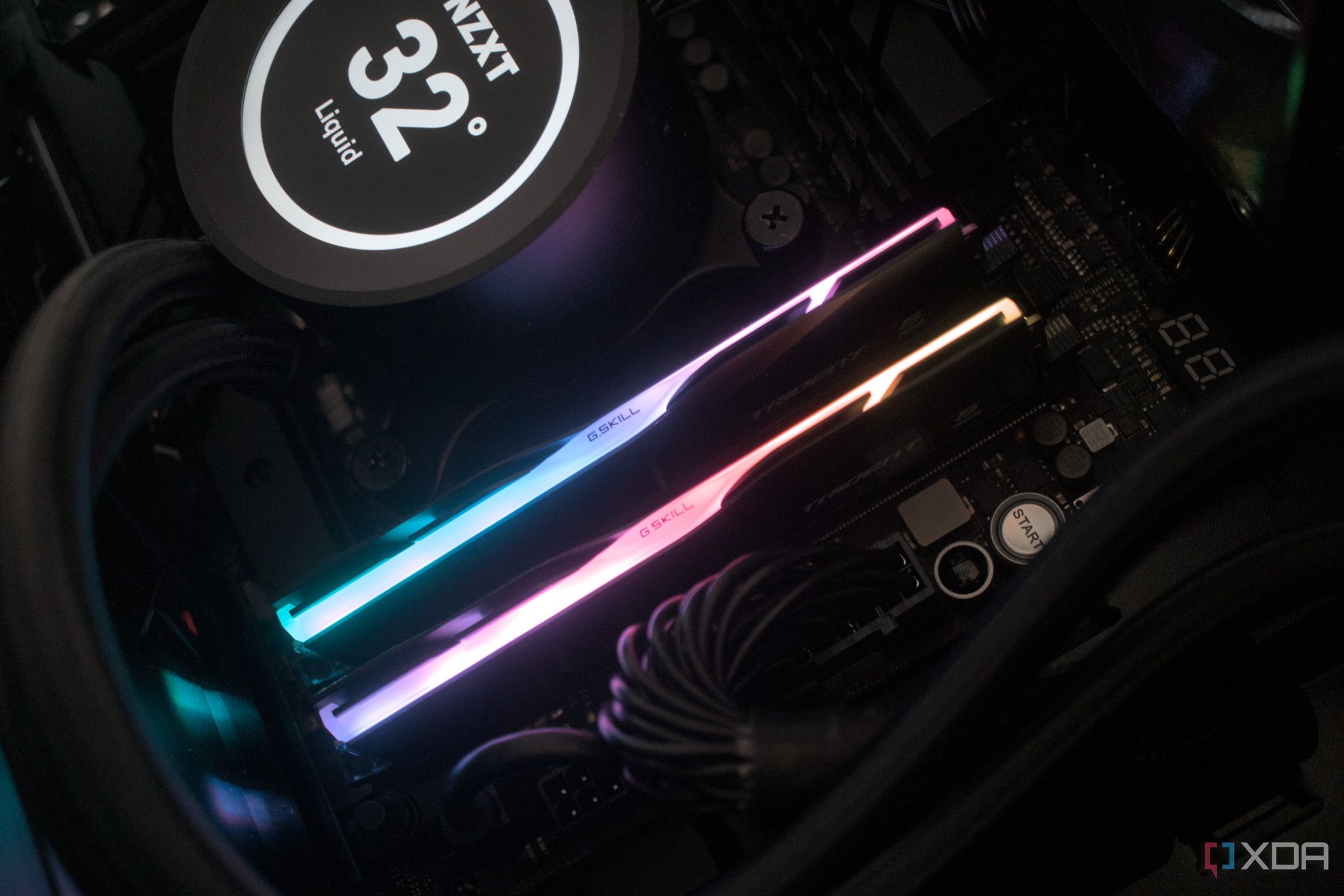
Related
Buying expensive RAM was the dumbest upgrade I ever made
It turns out you don't need costly RAM for great performance
Having a lot of memory is useful
VMs and productivity apps love it
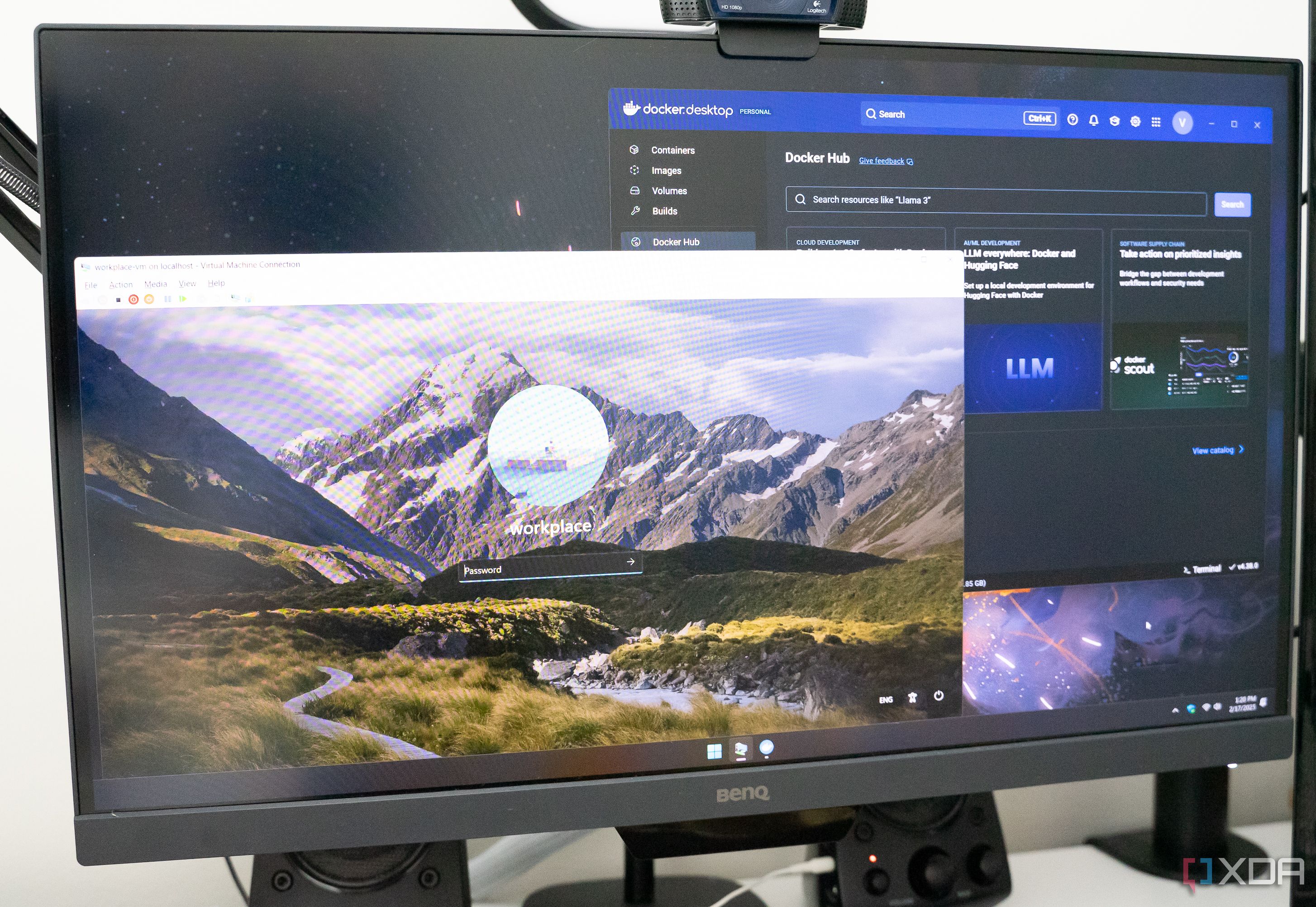
Now in all seriousness: 64 GB of RAM is complete overkill for the average user in 2025. If you're gaming or even doing productivity tasks, 32 GB is more than enough these days, and 16 GB is serviceable. Earlier this year, though, I needed to run quite a few virtual machines for my post-secondary studies, and seeing as I was in the middle of doing a bunch of upgrades to my main workstation, it felt like a good time to juice up my system with some more RAM. DDR5 was (and still is) pretty cheap, so 32 more gigs was an easy purchase.
The extra memory served the purpose I bought it for; the virtual machines chewed threw memory and my system was more than happy to keep chugging along with other tasks simultaneously. After I finished my studies, I was still left with all this extra memory, but despite that, I still found myself having good memory "hygiene" as it were. I had a moment of introspection while shutting down Adobe Photoshop in order to save some memory to open another application: "Why am I doing this at all?"
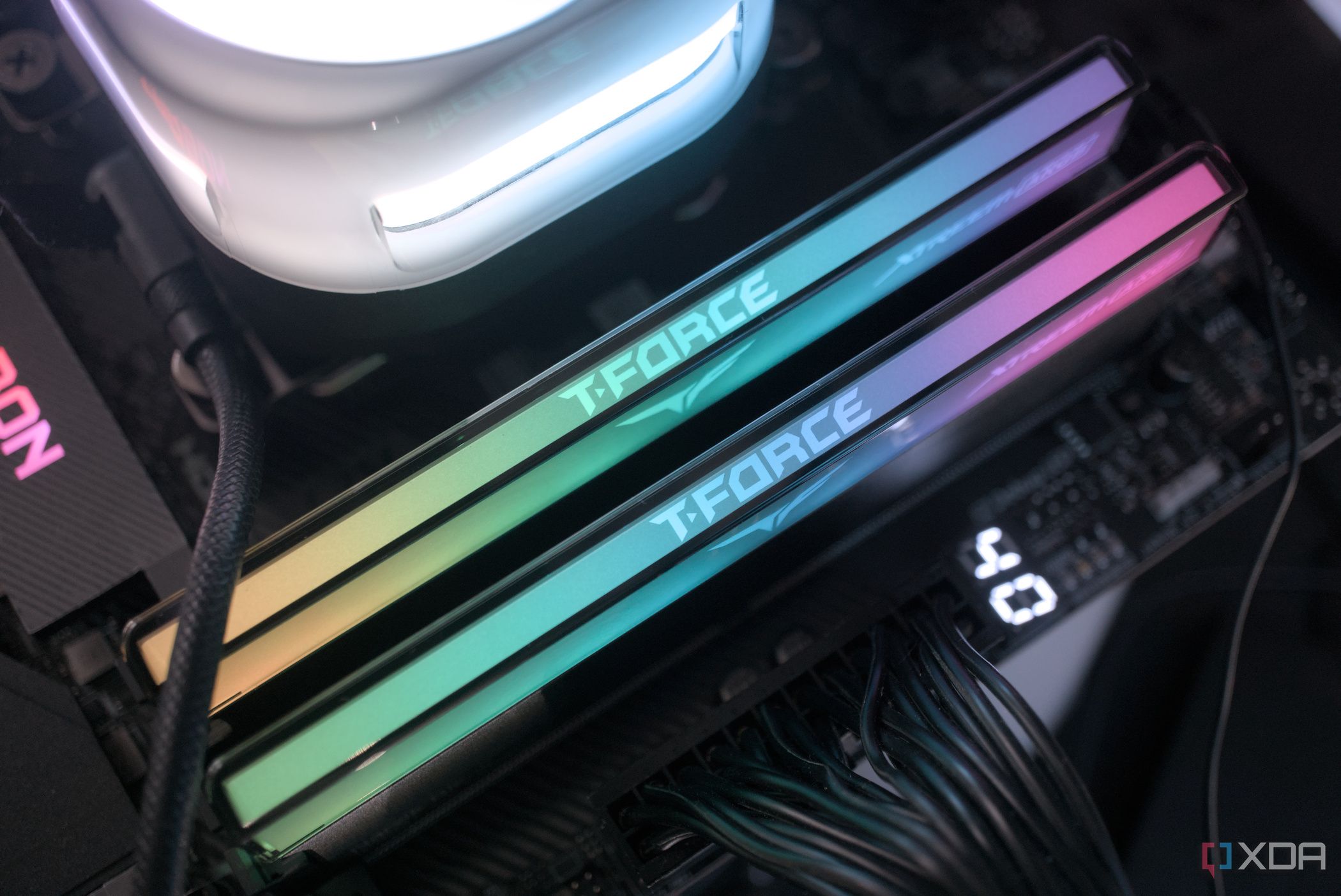
Related
7 signs it's finally time to upgrade your RAM
That 8GB or 16GB kit might be on its last legs
Lazy computing
Tabs, apps, who cares?
After this moment of introspection, I consciously decided to start leaving everything open. And I mean everything. I've never been a browser tab demon, and in fact, I once looked down upon them, but now I understand. I started collecting tabs like infinity stones, multiple windows open for the multitude of tasks I had been doing that day, all ready to go, just in case. Open Adobe Premiere Pro to edit a short clip? Keep it open.
At the end of my workday, I'd typically go through all the work stuff I had opened and close it, ending tasks like Notion and Slack to save resources. With my great RAM-awakening, though, I decided to leave everything open and start an evening gaming session. While it felt wrong, I didn't notice any kind of noticeable slowdowns, and some rough benchmarking confirmed that. FPS averages were all well within the margin of error, and even frametimes were solid.
It felt liberating to know that no matter what I had open, there would be little to no noticeable effects on my evening leisure. Despite my best efforts, my system was able to handle basically everything I could throw at it memory-wise.
It's not rational
And that's okay
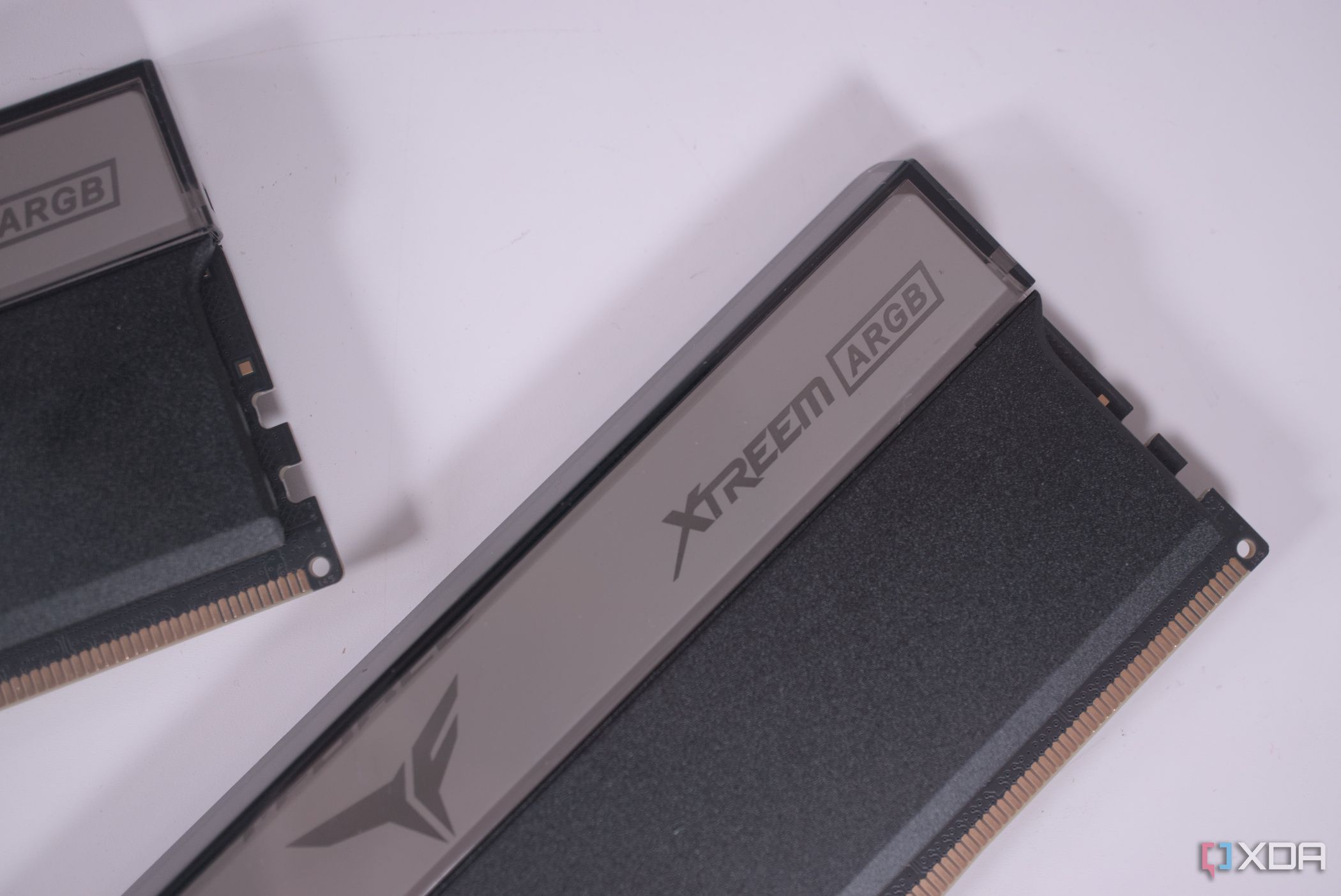
Now, again, 64 GB far exceeds the amount that most users will need for their daily computing tasks, and upgrading from any amount below that is overkill. We PC enthusiasts spend so much time being rational and making (mostly) rational purchasing decisions with our PCs, that it feels freeing to go off the deep end with something for once. It's all a matter of perspective; there are people who use an RTX 5090 to its fullest potential, for example, but if someone like me were to buy one, it'd be an irrational purchase for what I do today.
However, if I were to buy an RTX 5090, I'd never have to think about GPU power for the foreseeable future. It'd afford me computing freedom, at least on the graphical front. 64 GB of RAM can be thought of in the same way. It's not rational, nor is it comparable in performance uplift to a 5090, but it gives you the freedom to not have to play memory janitor all the time. The actual use cases that would require more RAM feel like a bonus from this perspective. If you need it, it's there.
Buy more RAM than you need
System memory can be a cheap way to grant yourself more computing freedom, and while it won't give you a crazy performance uplift like a new GPU would (unless your workflow requires it), it does give you the ability to be lazy. Leave those tabs open, and live a little.
.png)
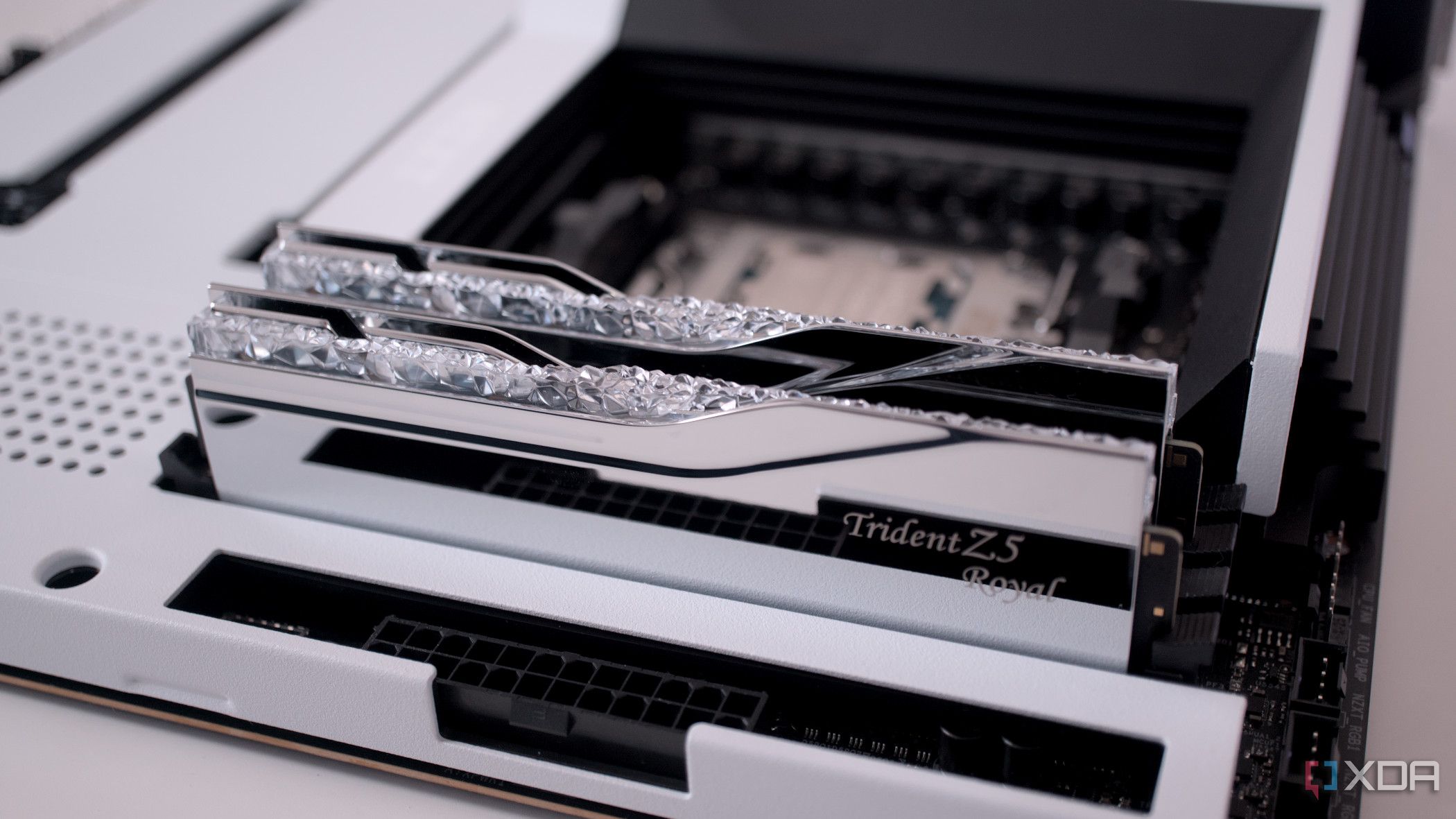
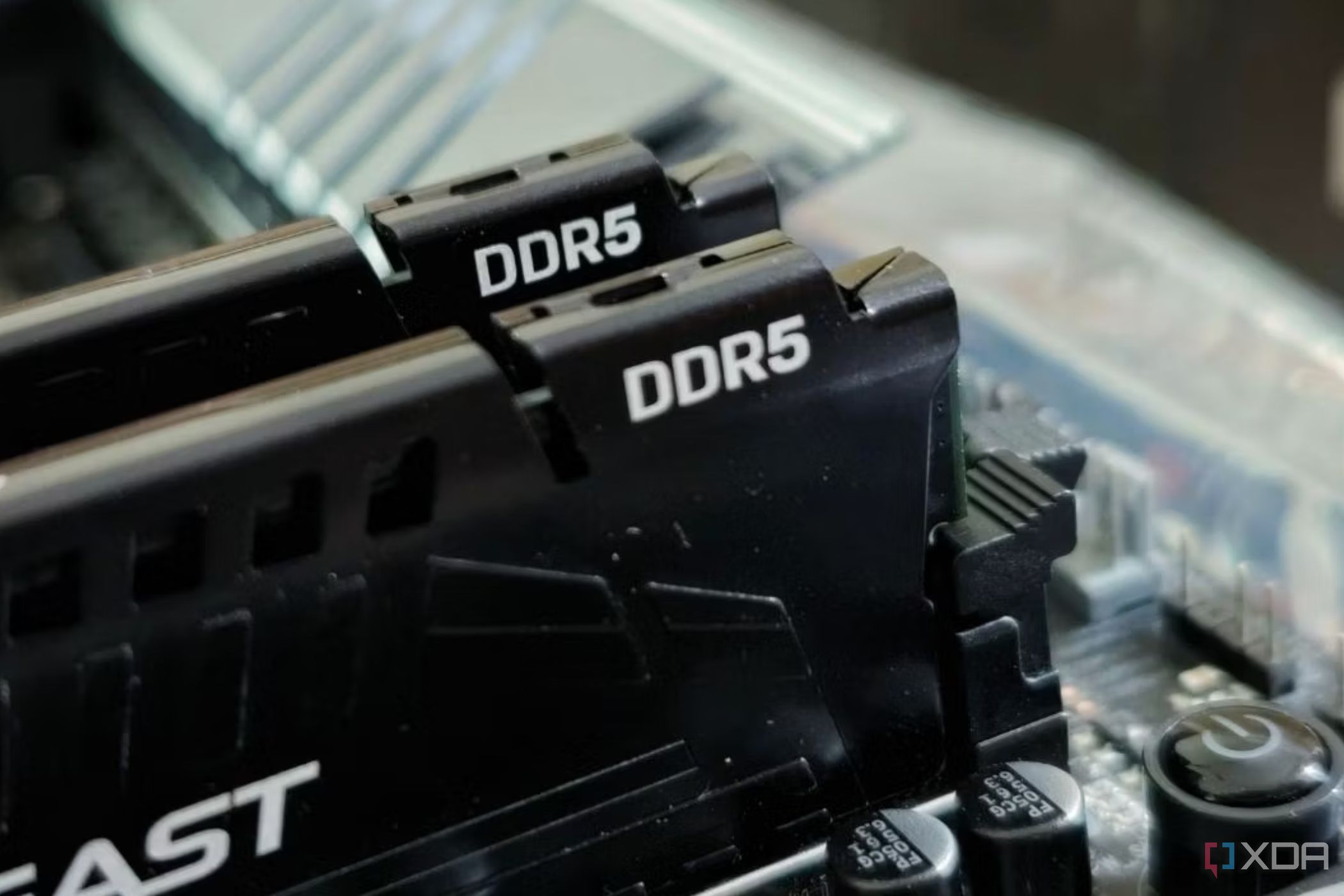








 English (US) ·
English (US) ·